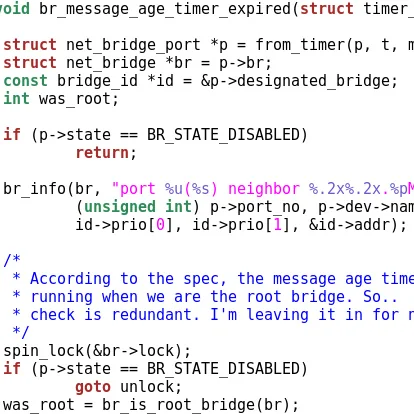Zrythm Digital Audio Workstation Abandoning GTK For Qt6

Zrythm has been closing in on its 1.0 release and today also happens to mark its 1.0-rc2 release. But even without v1.0 being officially out yet, Zrythm developers are already plotting their path to Zrythm 2.0 in order to switch off using the GTK toolkit.
This is how Zrythm looks today with GTK:
The developers feel GTK doesn't perform well on non-Linux platforms. In addition to poor GTK support outside of Linux, Zrythm developers have experienced Meson build system issues with GTK. For Zrythm 2.0 they intend to move to C++20 while using the JUCE and Qt6+QML frameworks.
"First, I want to address the challenges we’ve been facing. GTK, our current GUI toolkit, has not been performing well on non-GNU/Linux platforms. This has been a significant hurdle in achieving the cross-platform compatibility that we’ve always aimed for with Zrythm. Additionally, we’ve encountered issues with the Meson build system, which has led us to make some important changes.
In light of these challenges, I’ve made the decision to switch our development stack for v2. We’re moving to C++20 and utilizing the JUCE and Qt6 (with QML) frameworks. I’m pleased to report that the port to C++20, CMake, and JUCE is mostly complete. We’ve just begun the process of porting to Qt6, which will take some time but promises significant improvements."
Going with a Qt6-based UI they also feel development is easier, there are less bugs, better cross-platform support, and CMake being a more robust build system. More details on these planned changes via the Zrythm.org forum.
27 Comments

